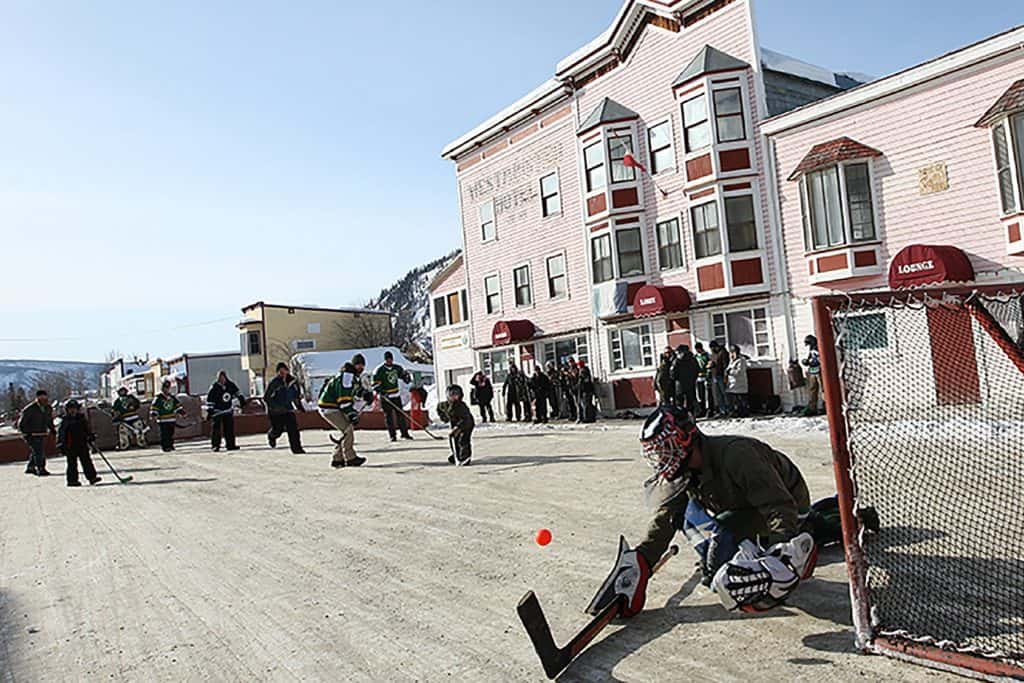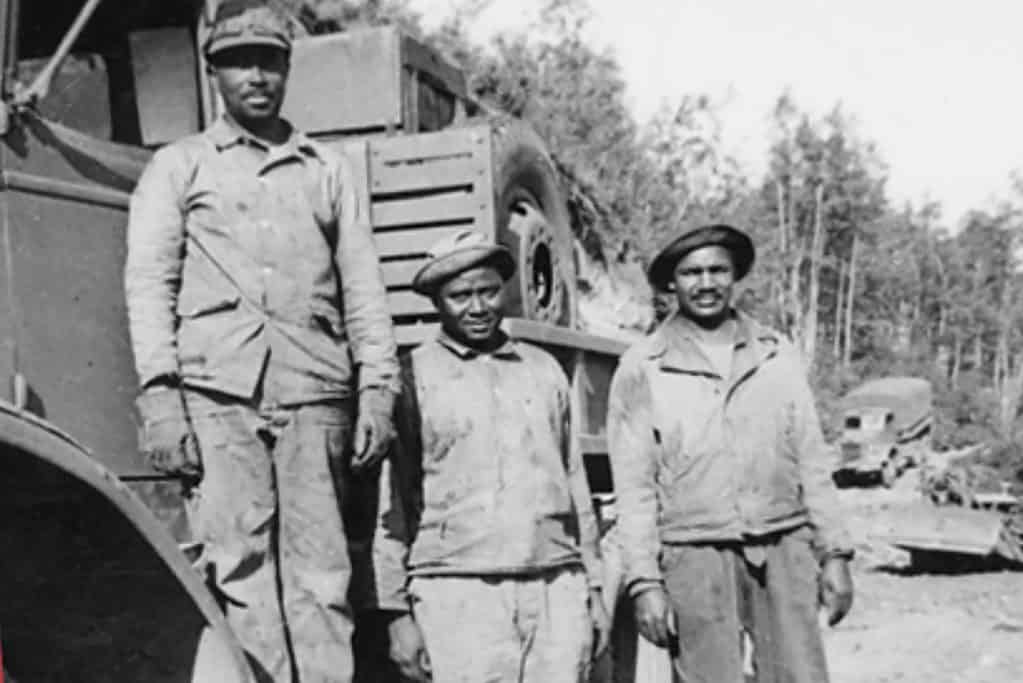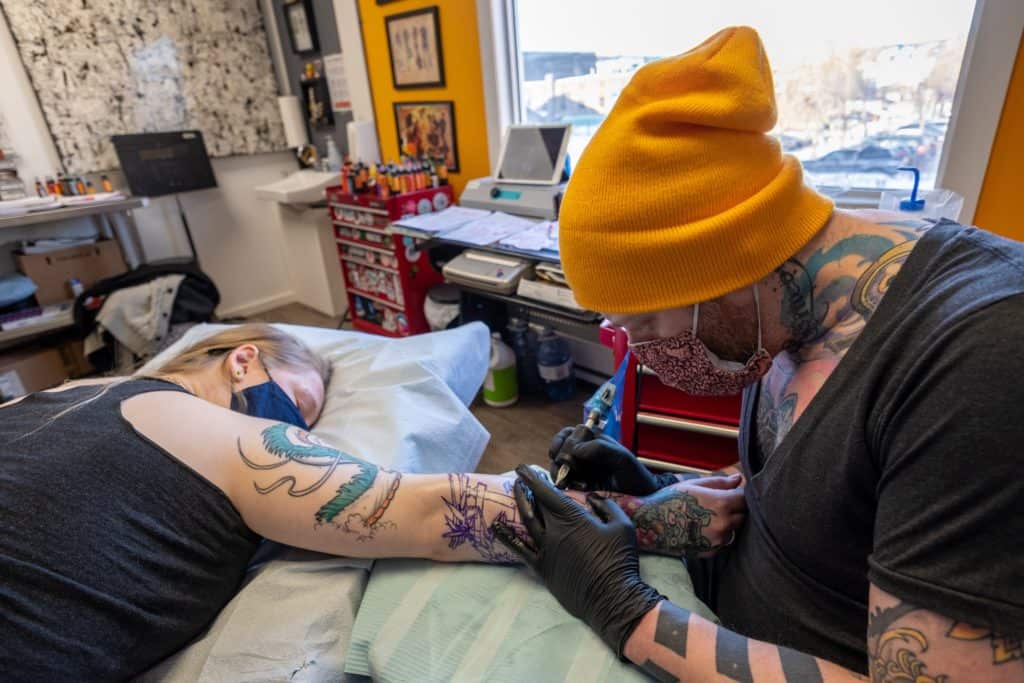With St. Patrick’s Day right around the corner, and with mandates being eased for public spaces, it is likely that those of us deprived of access to communal celebration will certainly find a venue in which to toast a Guinness while belting out a traditional Irish tune like “Drunken Sailor” or the softer “Galway Bay.”
Yet, to consider any participation in St. Paddy’s Day festivities, one might check out the Irish section at your local Great Canadian Dollar Store and become overly concerned that any attachment to an Irish-streamed sentimentalism might relegate one to the realm of “Plastic Paddy” among more die-hard Irish loyalists.
Is fearr Gaeilge bhriste ná Béarla cliste (“Broken Irish is better than clever English.”
– Irish rapper Big Don 028
I am certainly a Canadian, as my birth certificate states. However, as we wade through globalized mosaics of societies, we learn of the power and threat of seeking out deeper connections to identity, and just how complex and political that concept has become in our modern world, as any historian on Ireland might well know.
As I grew up in Canada—in a small working-class community in the southern provinces—I came to understand my shallow ancestral connections to the “Old Country” through a variety of means: The Irish Rovers was the only music my father would play, and The Dubliners seemed to be the only music my maternal uncle would weep over.
I got the sense, early on, that I was “Black Irish,” and had the meme: “I’m Black and I’m proud” from the novel and film by Roddy Doyle, The Commitments—a source of humour among my junior-high basketball team that consisted of a lot of self-identified Black, Brown and first-generation Irish descendants (needless to say I spent a lot of time benched, trying to prove my worth). And while I tried to tough it out on the court, at home, in my room, hung a poster entitled “Joyce’s Dublin” —a visual walking tour of prominent places from Ulysses.
My mum would make potato bread for Christmas Day brunch. It is called farls or fadge, depending on which side of the divide your “Irish” is sourced (from both in our family, of course!). A tradition my sister has carried on with her own children. She will bake and send up slices to me, here in the North, as part of her Christmas package. A charming way to keep a connection alive, but, after two weeks in the mail, they arrive with quite a number of mould spores that aid both nostalgia and nausea.
My cousin was named Padraig (yup, an Irish Patrick). As he explained over a glass of whisky (the last drink I ever had) at his father’s (my uncle’s) wake: “My dad named me by a name he could never quite pronounce himself.” My uncle, who took a “Finnegan’s Wake,” was an oh-so-Irish-Canadian (of third or fourth descent) stereotype, literate (for our family), drunk, who, unlike Finnegan, never quite woke up and who was passionately attached to the Irish cause. It was only after his death that a conflictual family tree emerged, one that challenged preconceived notions of our family’s “true” Irishness. My late uncle: a much-loved character I have learned to equate to Margaret Laurence’s Uncle Dan (from A Bird in the House).
As I grew and learned aspects of Canadian and, by extension, the broader history of those who counted themselves among the Irish Diaspora, I came to view that history with both wonder and disdain. As the late Marxist activist and historian Noel Ignatiev states in How the Irish became White: “I wanted to understand why the Irish, coming from conditions about as bad as could be imagined and thrown into low positions when they arrived, came to side with the oppressor, rather than with the oppressed [in some cases].”
As I grew, I also came to question why people would celebrate a day (and saint) that commemorated the mission of driving the pagan “snakes” out of Ireland. And with such drunken revelry?
Now, this Saint Patrick’s Day you will not find this writer dressed up in shamrocks, a leprechaun hat, with a drink or in any green attired outfit. During my younger years, you would certainly find me at the best Irish pub in town, with the darkest beer in hand, listening to the trance beats of the bodhrán—the Irish drum.
I think Ireland and the Irish people have created a rich cultural legacy. I find the history, music and storytelling traditions to be wildly fascinating, funny and worthwhile. And throughout that history, the Irish have accepted a plethora of characters as among their “own.”
I count myself among the diaspora but recognize that identity is forever evolving, gaining depth or breadth, with changing times and knowledge. And I (as the now international movement “I Am Irish” seeks to do) recognize and promote awareness of that diversity among Irish and those among the Irish global diaspora (iamirish.org) that claim Irish as a part of their identity.
So, Happy Saint Patrick’s Day! And as the Irish blessing that once graced the wall in my family home states: “May the road rise up to meet you. May the wind be always at your back….” And while I have never read Joyce, nor travelled across the sea to Ireland, I end with a graffiti quote, as seen in the video Spuds Tale by contemporary Irish rapper Big Don 028: “Broken Irish is better than clever English.”




